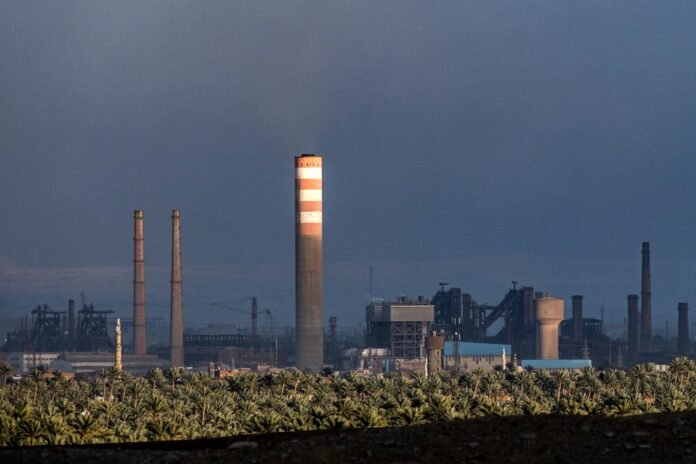Egypt has signed four oil and gas exploration agreements valued at over $340 million with major international energy companies, including Eni, Shell, and the Abu Dhabi National Oil Company (ADNOC). The deals mark a renewed push by Cairo to revitalize its energy sector amid rising domestic demand and declining output from aging fields.
Announced by the Ministry of Petroleum on August 30, the agreements were formalized through the state-owned Egyptian Natural Gas Holding Company (EGAS). The contracts include provisions for the drilling of 10 exploratory wells across key offshore and onshore sites in the Mediterranean and Nile Delta regions.
The initiative is part of Egypt’s broader strategy to ramp up energy production, attract foreign investment, and reduce reliance on energy imports. Once a net energy exporter, Egypt has seen its domestic consumption rise steadily, forcing the government to depend increasingly on imports to bridge the supply gap. This shift has been driven by lagging investment in exploration and a slowdown in production from mature oil and gas fields.
“These deals reflect Egypt’s commitment to reestablishing itself as a key player in the regional energy market,” the Petroleum Ministry said in a statement. “With the participation of global energy majors, we aim to unlock new reserves and strengthen energy security.”
Industry analysts view the move as a positive signal to investors and energy markets. Collaborating with established players like Eni and Shell, both of which have significant footprints in Egypt, could accelerate exploration timelines and enhance technical capabilities in the sector. ADNOC’s involvement further strengthens regional cooperation between Gulf and North African energy producers.
The agreements also align with Egypt’s ambitions to position itself as a regional energy hub. In recent years, the country has expanded its liquefied natural gas (LNG) infrastructure and sought partnerships to leverage its strategic location between Europe, Africa, and the Middle East.
However, challenges remain. Securing consistent investment, addressing regulatory hurdles, and ensuring favorable conditions for foreign operators will be key to sustaining momentum. Still, with global energy dynamics shifting and demand patterns evolving, Egypt’s latest move signals a determined effort to reassert control over its energy future.
The deals serve as a cornerstone of Egypt’s plan to boost exploration, improve energy self-sufficiency, and attract international expertise in a competitive and rapidly changing global market.

